10 Cinematic Universe Attempts to Copy the MCU That Failed Miserably
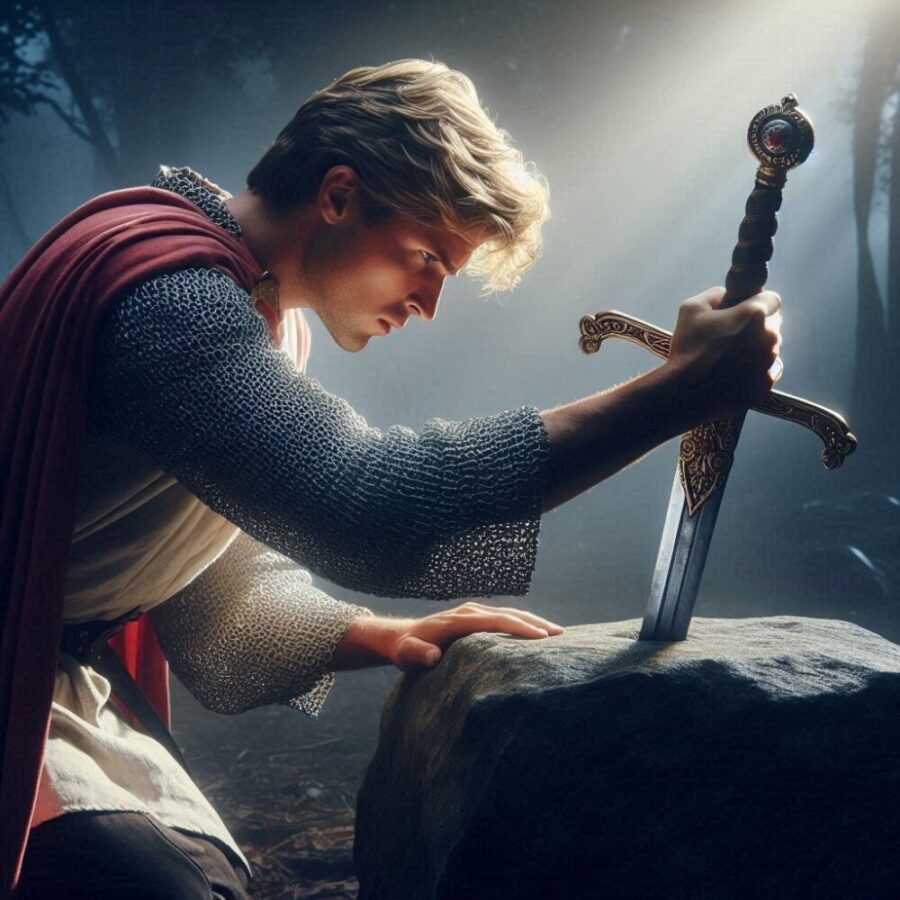
DALL-E
From 2008 to 2023, the MCU generated over $29 billion in revenue. Even though the brand has underwhelmed and disappointed fans in recent years, no one can deny that the MCU revolutionized Hollywood and filmmaking culture.
The MCU did not create the end-credits sequence, but for years filmgoers dared not leave the theater until the film fully ended. The concept of interconnected stories, plotlines, and cinematic universes where characters starred in their own solo and then united in team films was initially considered a big risk before it became a signature MCU calling card.
Since the billion-dollar success of 2012’s The Avengers, multiple film studios have tried in vain to copy the MCU and make their own lucrative cinematic universes. Here are 10 who tried and failed.
1. Universal’s Dark Universe
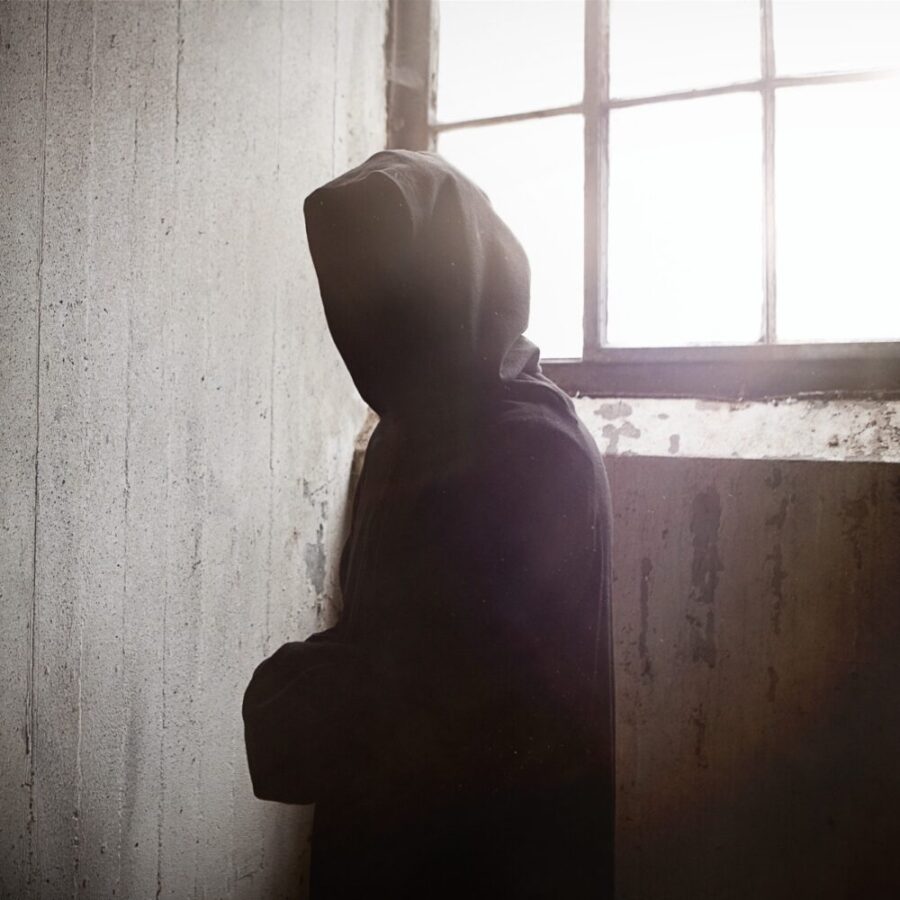
123RF
Universal Pictures cornered the market on monster movies in the 20th century producing films based on Dracula, the Wolf Man, Frankenstein, and more. In 2016, Universal announced a planned cinematic universe of films featuring Frankenstein, Bride of Frankenstein, The Invisible Man, Dracula, and more. Tom Cruise, Javier Bardem, Russell Crowe, and many other A-list stars were supposed to be involved.
Cruise’s 2017 reboot of The Mummy, which also featured Crowe, was supposed to launch the Dark Universe, but it bombed and scrapped such plans. There are rumors 2014’s Dracula Untold was originally meant to jumpstart the Dark Universe but those plans were scrapped last minute.
2. The DCEU

123RF
The DCEU was a decade-long experiment where Warner Brothers, the corporate owners of the DC Comics IPs (Now WBD) ineptly imitated the MCU cinematic universe. The experiment failed horribly since the new film division has been rebranded “The DCU.” Fans are now awaiting a new Superman film from James Gunn in 2025. The late DCEU was too dark, uneven in quality, and failed to forge its own brand identity.
After polarizing reviews for 2013’s Man of Steel and 2016’s BvS, the company overreacted and desperately tried to copy the MCU formula instead of forging its own path until the DCEU’s demise. This failure was a long time in the making. 2011’s Green Lantern was the real starting point of the DCEU. It failed so badly that fans ignore it and pretend 2013’s Man of Steel was the real starting point.
3. The Conjuring Cinematic Universe

123RF
The Conjuring cinematic universe of films is arguably a smashing success relative to budgets for New Line Cinema, a subsidiary of WBD. The films generated over $2.1 billion. Still, it does not compare to the MCU. There have been three Conjuring films, three Annabelle films, and two films based on The Nun. The Nun was introduced in an end credits sequence in 2017’s Annabelle: Creation.
4. Disney Star Wars

123RF
Disney bought Lucasfilm and the Star Wars IP for $4 billion in 2012. 2015’s The Force Awakens. 2017’s The Last Jedi, and 2019’s The Rise of Skywalker have all generated grossed over $4 billion collectively. Disney then tried to release films based on young versions of beloved characters, like Solo, characters obscure to general fans, and streaming shows that could create a united MCU-like cinematic universe. It failed.
2018’s Solo film was a critical and commercial failure that halted has the production of new Star Wars films since 2019. Streaming shows like Obi-Won Kenobi, The Book of Boba Fett, The Mandalorian, and Ahsoka have underwhelmed and polarized the fanbase.
5. Godzilla and Kong MonsterVerse

123RF
WBD’s Americanized Kong, Godzilla, and kaiju-themed monster films have been moderately successful in the past decade. Still, such success pales in comparison to the MCU cinematic universe. 2014’s Godzilla, 2017’s Kong: Skull Island, 2019’s Godzilla: King of the Monsters, 2021’s Godzilla vs Kong, and the recently released Godzilla x Kong: The New Empire, were all supposed to build upon each other as a shared cinematic universe.
It took a decade for all MonsterVerse films to make over $2 billion, which is a disappointing total when considering investments and CGI costs. Most fans of these films are also more invested in the monsters than the human characters.
6. Fox X-Men Cinematic Universe
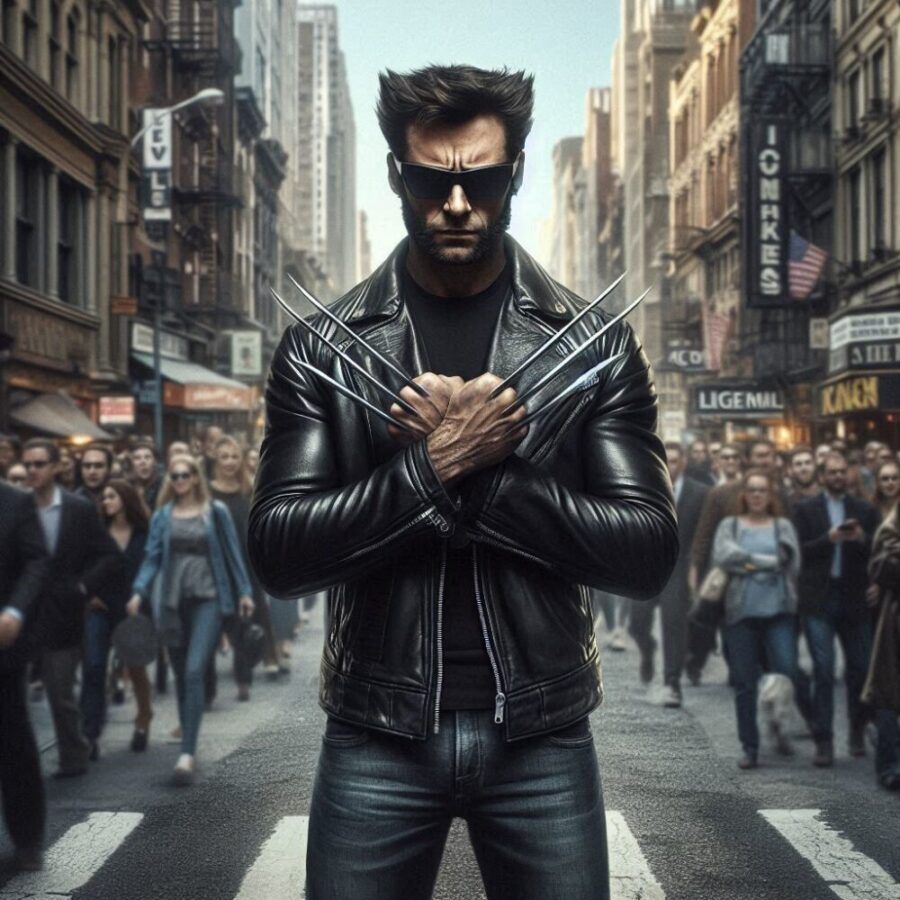
DALL-E
From 1994 to 2019, Fox Films owned the film rights to all X-Men and X-Men-related characters. Fox released 13 X-Men or related films in that time and grossed over $6 billion. However, only a few of those films, like 2017’s Logan, are fondly remembered. Disney bought Fox in 2019 and reclaimed the film rights to the X-Men. Fans are now waiting for this summer’s Deadpool and Wolverine and for the X-Men to be officially premiered as a team in the MCU in coming years.
7. Sony’s Spider-Man Cinematic Universe
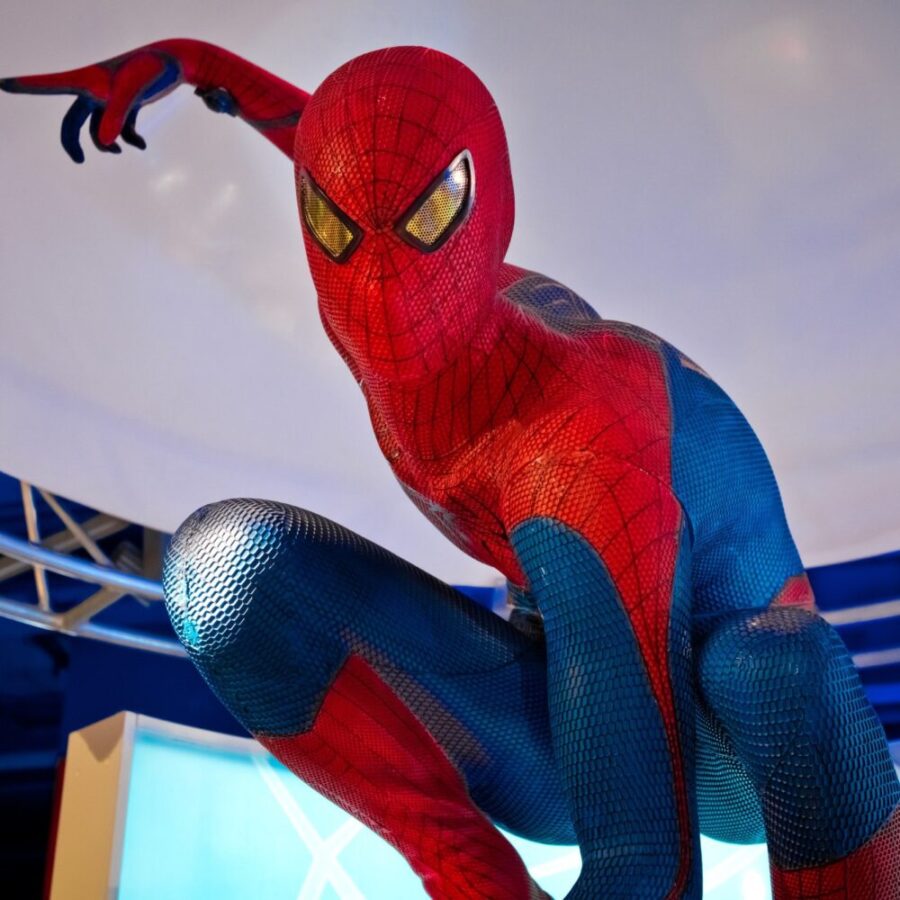
123RF
Sony has owned the film rights to Spider-Man and all Spider-Man-related characters since 1999. Marvel once offered Sony all of its characters for $25 million but it only wanted Spider-Man. It’s easy to judge this miscalculation in hindsight, but a cinematic universe wasn’t a thing back then. Sony has been desperately trying to copy the MCU since the 2010s.
It’s why they put out films like 2022’s Morbius, 2024’s Madame Web, and the soon-to-be-released Kraven. The corporation is trying to create a cinematic universe with every Spider-Man-related character they own the film’s rights to. In 2014, there were rumors of a young Aunt May prequel film and even films based on Spider-Man’s parents being developed that never came to fruition.
8. The Valiant Cinematic Universe
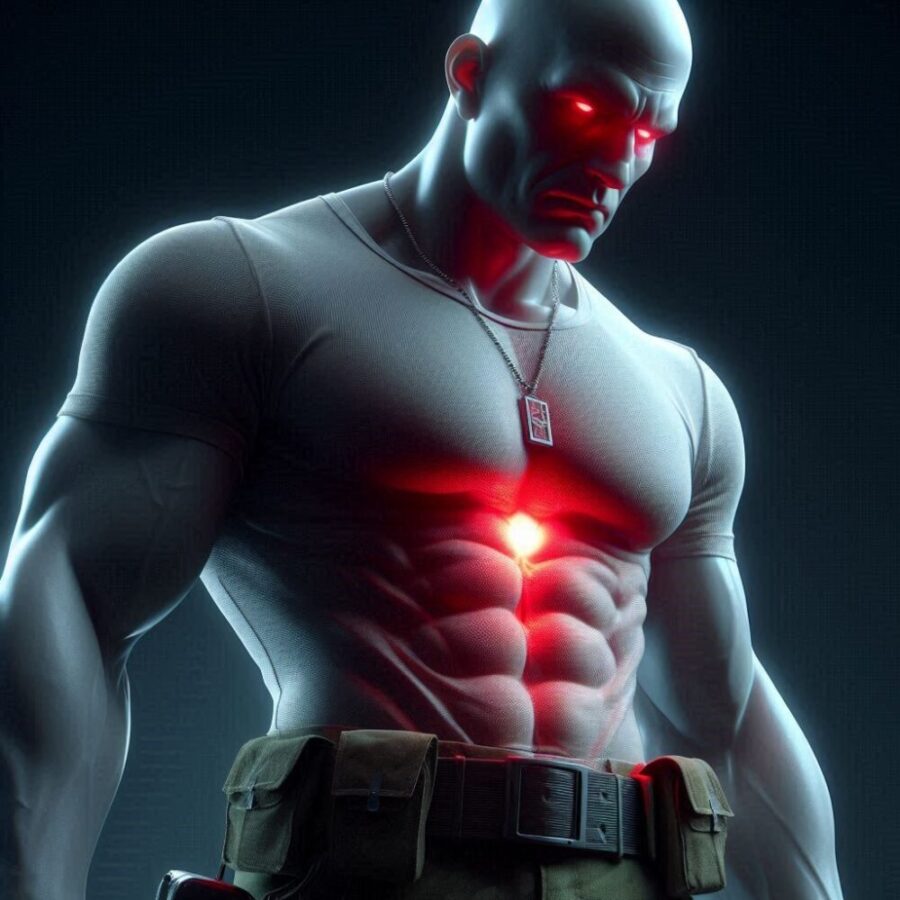
DALL-E
If you don’t read comic books then you may not know that Marvel and DC are not the only comic book companies out there. Valiant Comics, which now struggles to publish one comic book monthly, owns numerous characters like Bloodshot, Rao, Eternal Warrior, X-O Manowar, Turok, and more. The 2020 film Bloodshot starring Vin Diesel was based on the comic book and was supposed to jumpstart a Valiant Cinematic Universe. The film bombed and those hopes were dashed.
9. The Kingsman Films

DALL-E
Kingsman: The Secret Service is a 2014 film based on the comic book about a British spy organization of the same name. It was a moderate success and grossed over $414 million. The 2017 sequel, Kingsman: The Golden Circle, made about the same amount. 2021’s prequel about the formation of the organization, The King’s Man, disappointed and made barely made $120 million. Another Kingsman sequel further tying these films together like a cinematic universe is reportedly still in development.
10. King Arthur: Legend of the Sword
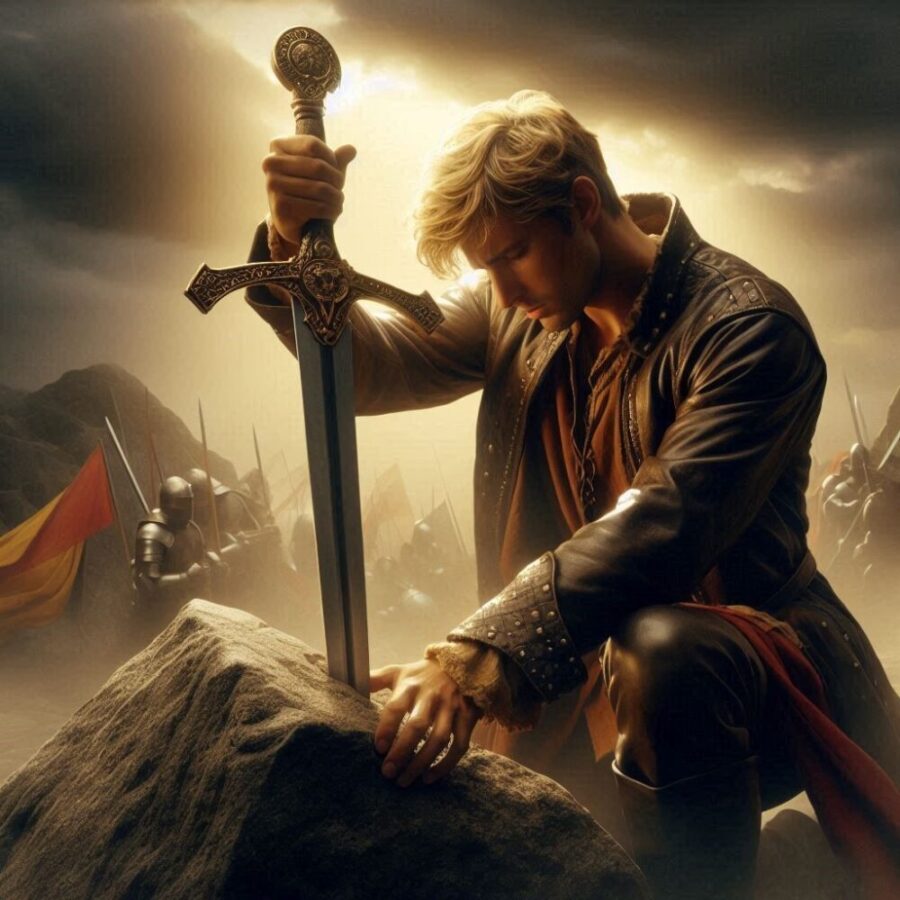
DALL-E
The Guy Ritchie-directed 2017 film King Arthur: Legend of the Sword was developed specifically to jumpstart a new cinematic universe featuring characters from Arthurian legend. The film’s budget was less than $175 million but the film barely grossed $148 million. The plans for a cinematic Arthurian universe then evaporated.
Is the Cinematic Universe Concept Dead?
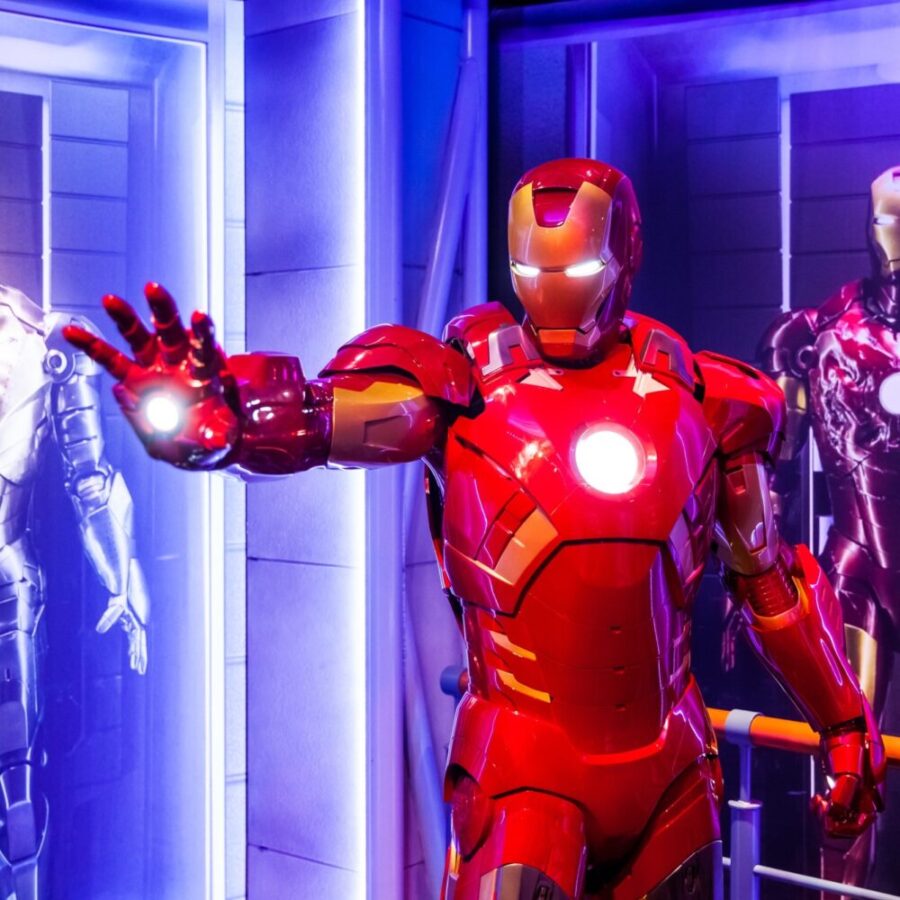
123RF
If the MCU’s shared universe concept could work as well as it did for Marvel, then anyone else can do the same. The problem is that corporations are striving to copy the MCU instead of learning from it, being inspired, and building upon it.
The cinematic universe concept is not dead by any means, but it won’t be improved upon anytime soon until future filmmakers heed such advice.
Read More
Here Are The Top 7 Comic Book Protector Cases According to Amazon Reviewers
Exploring the Multiverse: 12 DCU Alternate Realities That Will Blow Your Mind

Allen Francis is a full-time writer, prolific comic book investor and author of The Casual’s Guide: Why You Should Get Into Comic Book Investing. Allen holds a BA degree from Marymount Manhattan College. Before becoming a writer Allen was an academic advisor, librarian, and college adjunct for many years. Allen is an advocate of best personal financial practices including saving and investing in your own small business.

